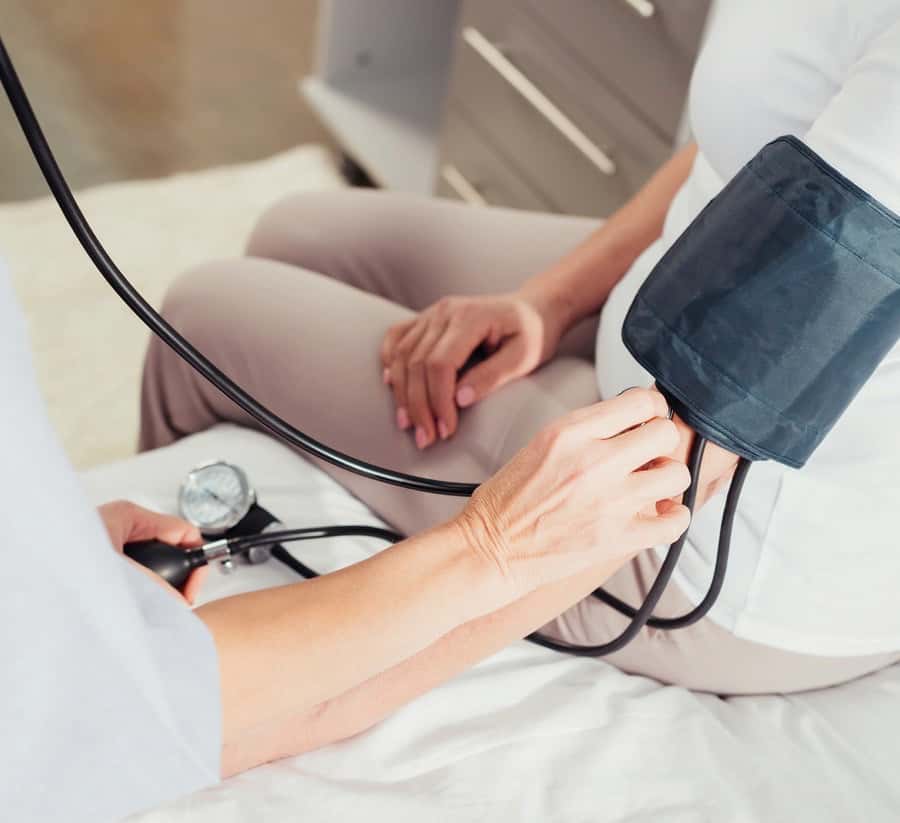
Over the past month, a recall that at first appeared quite limited in scope has continued to spread. The problem is with an active pharmaceutical ingredient made in China that was contaminated with a probable carcinogen. Initially, the FDA named just a handful of companies that were affected by this recall, but more companies were added over time. That has plenty of Americans wondering where their valsartan was made. It isn’t always easy to tell.
Learning Where Your Valsartan Was Made:
Q. I received a call from my pharmacy that my blood pressure med valsartan was being recalled. They replaced it with a safer alternative. When I picked it up, I specifically asked the pharmacist if the valsartan was made by a U.S. company and if it had been manufactured in the USA.
She was emphatic that the Macleods valsartan was from a U.S. company and the pills were made in the United States.
When I got home I got out my magnifying glass and discovered that the pills were “manufactured for Macleods Pharma USA, Inc.” The address was Plainsboro, NJ. That was reassuring until I looked a little closer. The label also stated that my pills were “Manufactured by Macleods Pharmaceuticals Ltd. Damon (U.T.) INDIA.” Shouldn’t the pharmacist have told me the truth?
Did the Pharmacist Check Closely Enough?
A. It is not unusual for foreign pharmaceutical companies to have U.S. subsidiaries. According to the company, Macleods Pharma USA is the U.S. division of Macleods Pharmaceuticals, LTD, based in Mumbai, India.
According to the FDA, this company’s valsartan products are “not currently recalled.” That means they should be considered a safe alternative.
Why Didn’t the Pharmacist Tell the Truth?
We do think the pharmacist should have been truthful and told you that the parent company was in India. She should have added that the pills were made there. Perhaps she had not taken the time to look it up, so she just assumed Plainsboro, NJ, meant that the valsartan was made in the USA. When asked, however, she should have dug deeper and found the real source.
How Times Have Changed!
Not that long ago most of the medicines dispensed in the United States were made in the United States. Over the last two decades, however, a great deal of pharmaceutical manufacturing has moved abroad. Guess why? Right as always. They are cheaper to make abroad.
Most people never bother to think about where the chemicals in their pills are made. The active pharmaceutical ingredient (API) is the key component of any medication. Then come the fillers, binders, coloring agents and other assorted compounds that create a pill. These are collectively called the excipients or nonactive ingredients.
The API could easily be made in China. The excipients could be made there too, or in Thailand, Croatia, Brazil or India. The place where the ingredients are mixed together and formulated into a pill, capsule, tablet, inhaler or ointment could be in another country entirely. Trust us when we say the manufacturing of drugs is a closely kept secret.
The one thing we can determine is the country where they are put into final form. With so many recalls and scandals within the generic pharmaceutical industry over the last decade, people have a right to know where their medicines come from. And we think pharmacists have a responsibility to share that information accurately. Maybe there should be a law that country of origin be prominently displayed on the label.
What Do You Think?
Should the pharmacist have taken a few minutes to verify the country of origin before handing the pills over to this patient? What if the patient wanted valsartan made in the USA? Should the pharmacist have tried to locate some? What if the chain drugstore only supplies the least expensive valsartan from abroad that has not ended up on the FDA’s no-no list?
We would be interested in your perspective on this. What would you do if you discovered that all your medications came from abroad? Do you trust the FDA to verify they will be identical to the branded products? Would you be willing to pay a little more for pharmaceuticals made in the United States?
Share your thoughts in the comment section below.

